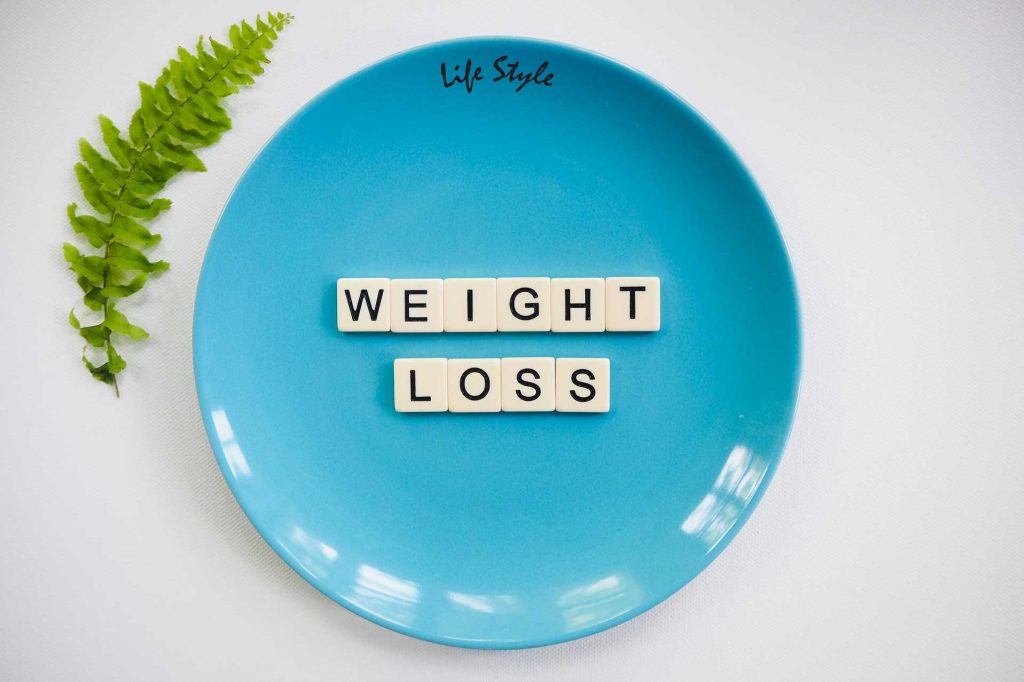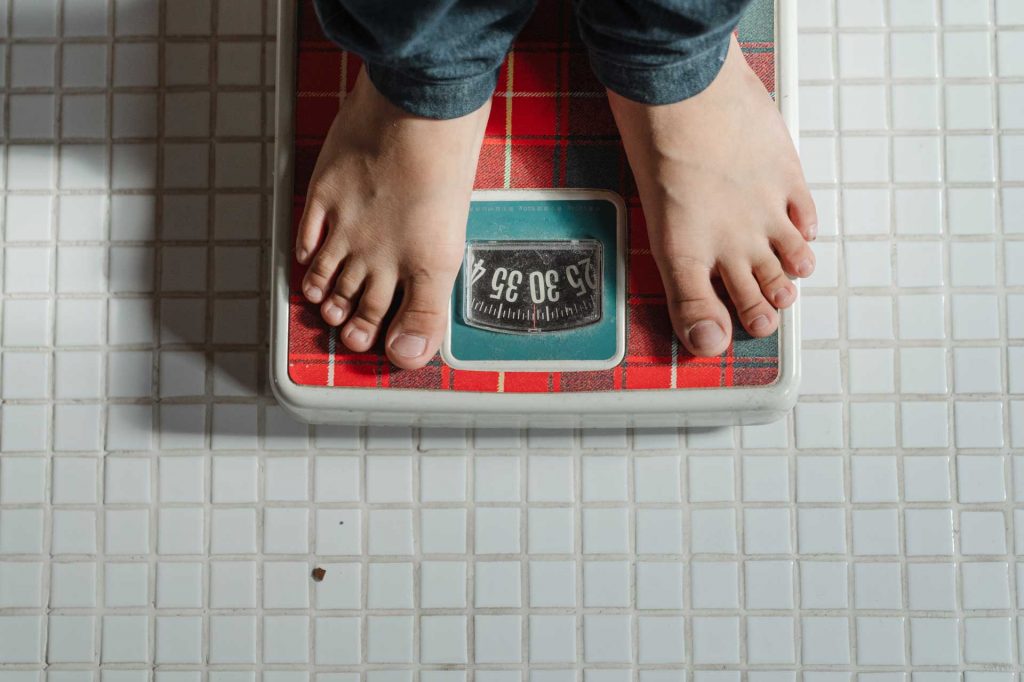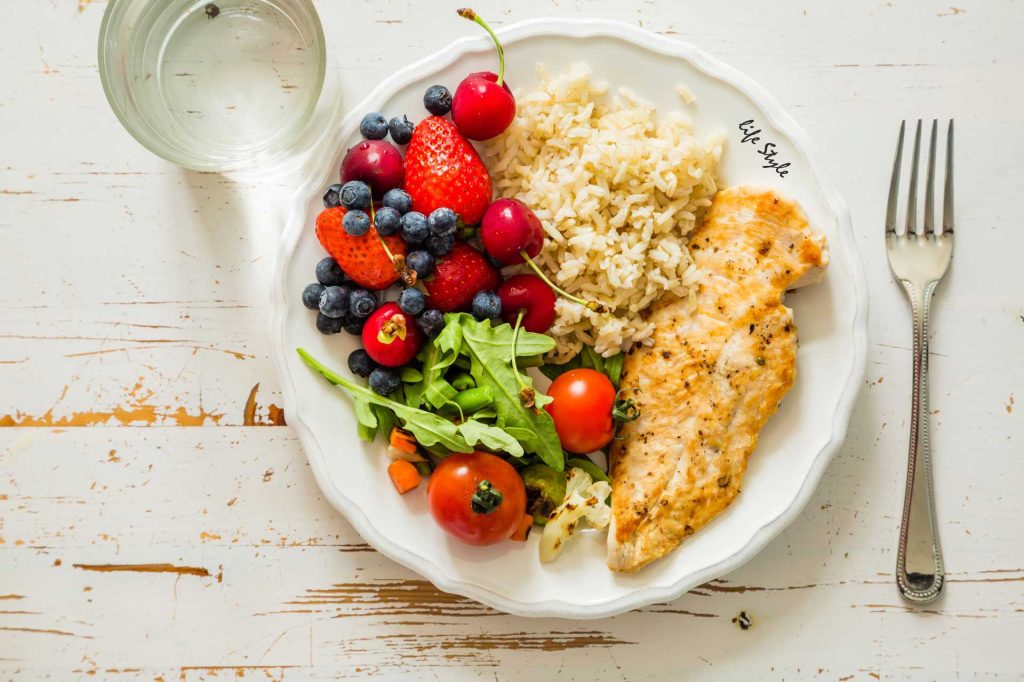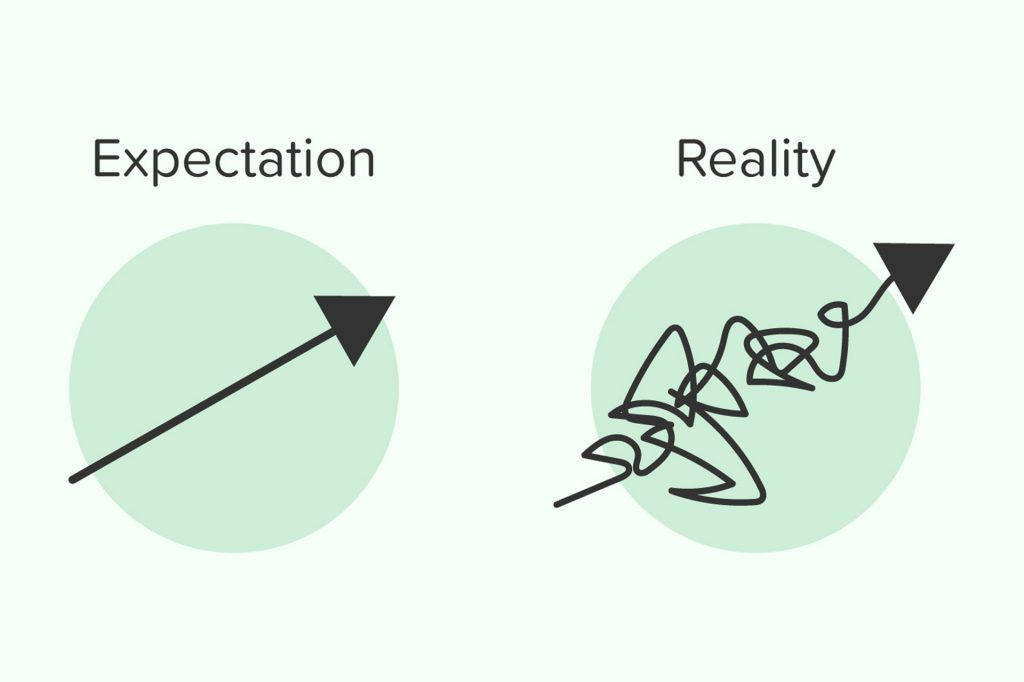
Weight loss common mistakes
Losing weight can be challenging for some people. Sometimes you might feel like you’re making healthy lifestyle choices, yet you’re still not getting the results you want. You may, in fact, be following misguided or outdated advice. This may prevent you from seeing the changes you’re looking for.
1. Focusing only on the scale

It can be common to feel like you’re not losing weight fast enough, despite following a healthy lifestyle. It’s important to remember that the number on the scale is only one measure of weight change. Weight is influenced by several things, including fluid fluctuations and the amount of food that remains in your system. In fact, weight may fluctuate around 2 to 4 pounds over the course of a few days, depending on factors like how much food and liquid you’ve consumed.
Also, hormonal changes in women can lead to greater water retention, which is reflected in the weight you see on the scale.
If the number on the scale isn’t moving, you may be losing fat mass but holding on to water. Additionally, if you’ve been working out, you may be gaining muscle and losing fat. When this happens, your clothes may start to feel looser — especially around the waist — even if the number on the scale remains the same. Measuring your waist with a tape measure and taking monthly pictures of yourself can indicate if you’re losing fat, even if the scale number doesn’t change much.
2. Eating too many or too few calories

A calorie deficit is required for weight loss. This means you need to burn more calories than you consume. You may sometimes feel as though you’re not eating very many calories, and this may be the case. However, studies indicate that people often tend to incorrectly estimate the number of calories in a meal. One study asked adults to exercise on a treadmill, estimate the number of calories they burned, and then suggest a meal with the same number of calories. It found that participants significantly underestimated and overestimated calories in exercise and food.
You may be consuming foods that are healthy but also high in calories, such as nuts and fish. Eating moderate portion sizes is key.
On the other hand, decreasing your calorie intake too much can be counterproductive. Studies on very low calorie diets indicate they may lead to muscle loss and significantly slow down metabolism.
3. Not exercising or exercising too much

During weight loss, you inevitably lose some muscle mass as well as fat, although the amount depends on several factors. If you don’t exercise at all while restricting calories, you’re likely to lose more muscle mass and experience a decrease in metabolic rate.
By contrast, exercising may help:
- minimize the amount of lean mass you lose
- increase fat loss
- prevent your metabolism from slowing down
The more lean mass you have, the easier it is to lose weight and maintain the weight loss.
However, overexercising can also cause problems. Studies show excessive exercise is unsustainable in the long term for most people and may lead to stress. In addition, it may negatively impact endocrine hormones, which help regulate functions throughout your body. Trying to force your body to burn more calories by exercising too much is neither effective nor healthy.
However, lifting weights and doing cardio several times per week can be a sustainable strategy for maintaining metabolic rate during weight loss.
4. Not eating enough protein & fiber

Getting enough protein is important if you’re trying to lose weight. In fact, protein has been shown to help with weight loss in several ways.
It may:
- reduce appetite
- increase feelings of fullness
- lower the amount of weight regained
- maintain or increase metabolic rate
- protect muscle mass during weight loss
A review also found that higher protein diets, containing 0.6–0.8 grams of protein per lb (1.2–1.6 g/kg), may benefit appetite control and change body composition. To help with weight loss, try to make sure each of your meals contains a high protein food. Keep in mind your choice of protein isn’t limited to meat or dairy. Beans, legumes, quinoa and flaxseeds are also great and affordable options.
A low fiber diet may be hurting your weight loss efforts, along with your overall health. Studies show a type of soluble fiber known as viscous fiber helps reduce appetite by forming a gel that holds water. This gel moves slowly through your digestive tract, making you feel full.
Research suggests that all types of fiber may promote weight loss. However, a review of several studies found that viscous fiber reduced weight and waist circumference even without a calorie-restricted diet.
While studies are ongoing, research indicates that fiber may also interact with gut microbes, producing hormones that help you feel full. Additionally, fiber may reduce your risk of some chronic conditions and improve digestion.
5. Having unrealistic expectations

Setting weight loss and other health-related goals can help keep you motivated. However, having unrealistic expectations is common and may work against you. One study found that the vast majority of participants hoped to lose more than 10% of their weight, which the authors labeled as unrealistic. Research suggests that missing weight loss goals is associated with dissatisfaction and future challenges losing weight.
If you have a weight loss goal, it may be helpful to choose something practical, such as a 5% or 10% drop in weight at a rate of 1 or 2 pounds each week. This may improve your ability to meet your goal while losing weight at a healthy speed.